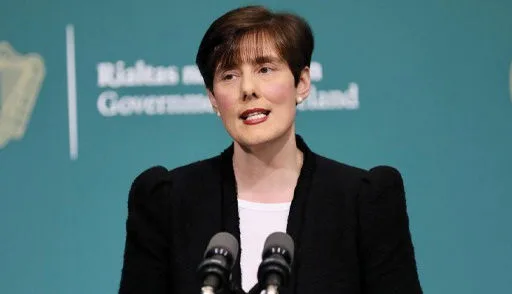A recent scoping inquiry has unveiled harrowing details of historical sexual abuse in schools run by religious orders in Ireland. The report, which has sent shockwaves through the nation, reveals that there were 2,395 allegations of sexual abuse involving 308 schools. These allegations were made against 884 distinct alleged abusers.
Minister for Education Norma Foley described the findings as “truly shocking”¹. The report marks the first time the scale of child sexual abuse allegations in these schools has been disclosed, based on information supplied by religious orders and survivors. The inquiry found that over half of the alleged abusers are known to be deceased. Special schools were particularly affected, with 17 such institutions recording 590 allegations involving 190 alleged abusers.
The report includes distressing testimonies from survivors, many of whom were speaking out for the first time. Survivors recounted experiences of being molested, stripped naked, raped, and drugged. These incidents predominantly occurred between the early 1960s and the early 1990s, with the highest number of reported incidents in the early to mid-1970s.
In response to the report, the government has announced plans to establish a commission of investigation with wide-ranging powers. This commission will be tasked with examining the cases of sexual abuse at these schools and will work on appointing a chairperson and drawing up its terms of reference immediately. The inquiry has also recommended that the government consider a redress scheme for survivors and approach relevant religious orders about contributing to this scheme.
Minister Foley expressed deep gratitude to the survivors for their courage in coming forward. She emphasized that their contributions were invaluable to the scoping inquiry and the resulting report. The government’s move to establish a commission of investigation is seen as a crucial step towards addressing the historical injustices faced by survivors and ensuring that such abuses are never repeated.
The revelations have sparked a national conversation about the need for accountability and justice for the survivors of these horrific abuses. As the commission of investigation begins its work, the hope is that it will bring some measure of closure and justice to those who have suffered for so long.
